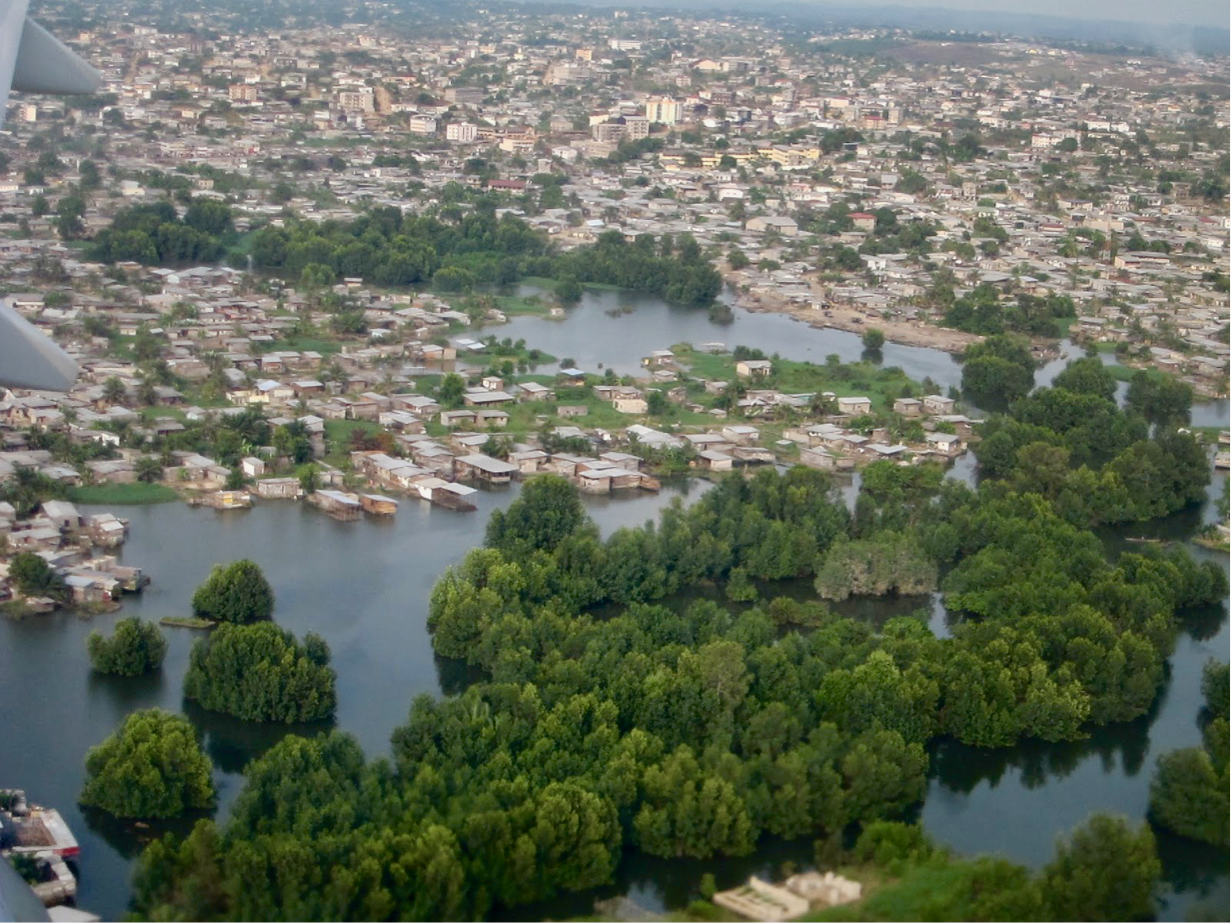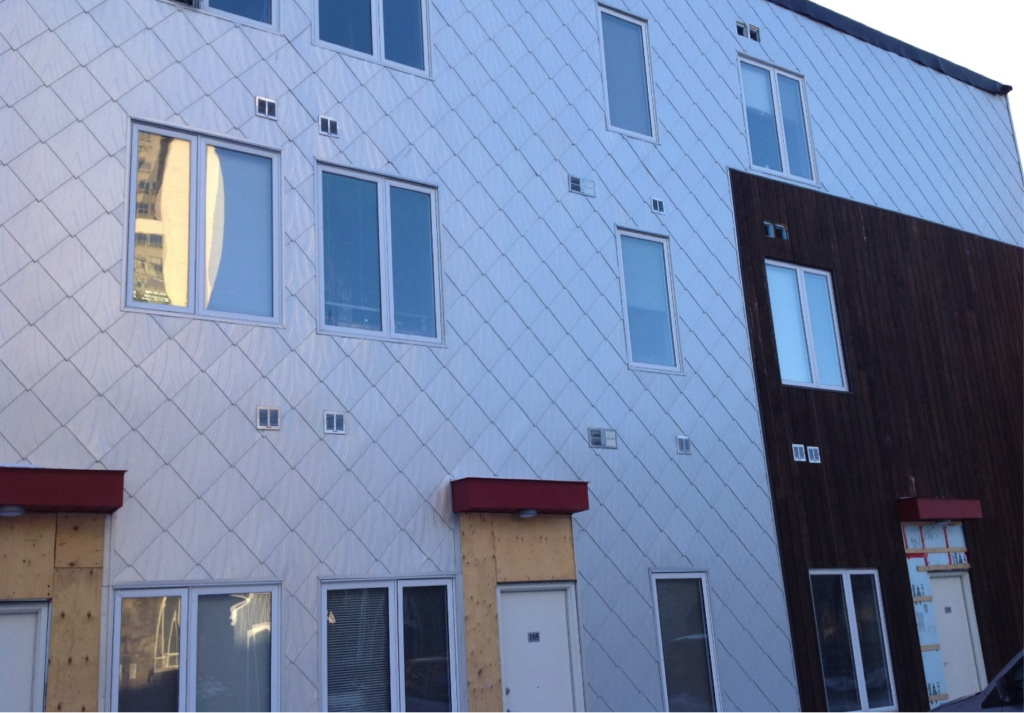City Know-hows

Target audience
City officials, Office of the Mayor, Resilience officers and urban municipalities (especially health, housing and urban planning departments.
The problem
The poor housing conditions in urban informal settlements are detrimental to population health and wellbeing. As such, addressing these conditions, and associated adverse health outcomes, requires collaborative action from city stakeholders in the health, housing, and urban planning sectors. To date, there has been limited academic evidence of the presence and implementation of intersectoral collaborations in the African context.
What we did and why
We interviewed experienced stakeholders working in Douala’s health and human settlements to explore their perspectives and experiences on the key health and housing issues faced in the rapidly growing city of Douala, Cameroon; and the potential of intersectoral collaboration to address these challenges.
Our study’s contribution
Our study identified the need to broaden city stakeholders understanding of the relationship between inadequate housing and health beyond water-and vector-borne diseases. It also provides important insights on the reactive nature of intersectoral collaboration in a sub-Saharan African city, with collaboration limited to the contexts of specific events, disaster response, and health awareness initiatives. The study also explores the organisational barriers to and facilitators of intersectoral collaboration.
Impacts for city policy and practice
Our study supports a re-imagination of urban governance structures is needed to support intersectoral collaboration. A vital lesson we found is that there is a need for more transdisciplinary research partnerships working with policymakers to contribute to the design of intersectoral action for health in ways that integrate existing evidence and incorporate health impact evaluation.
Further information
RICHE – Africa Workshop On Healthy Cities: Intersectoral Approaches To Non-Communicable Disease Prevention In Africa
Full research article:
Intersectoral collaboration for healthier human settlements: perceptions and experiences from stakeholders in Douala, Cameroon by Blaise Nguendo-Yongsi, Trish Muzenda, Yves Bertrand Djouda Feudjio, Daline Nora Kenfack Momo & Tolu Oni.
Related posts

There is a need for specific municipal social service housing programming aimed at helping seniors navigate rental listings, identify suitable rentals, and then secure and retain rental housing.

This paper explores the relationship between parents’ sense of belonging and their children’s independent mobility. We found that parental satisfaction with their living environment can be influenced by their sense of belonging, ultimately creating a community with more independent children.

Looking into an urban transformation of a low-income settlement in Maputo, Mozambique, through the behaviours and experiences of pedestrians, shows that physical interventions to the walking environment contribute to the ability of diverse individuals to exercise their Right to the City.